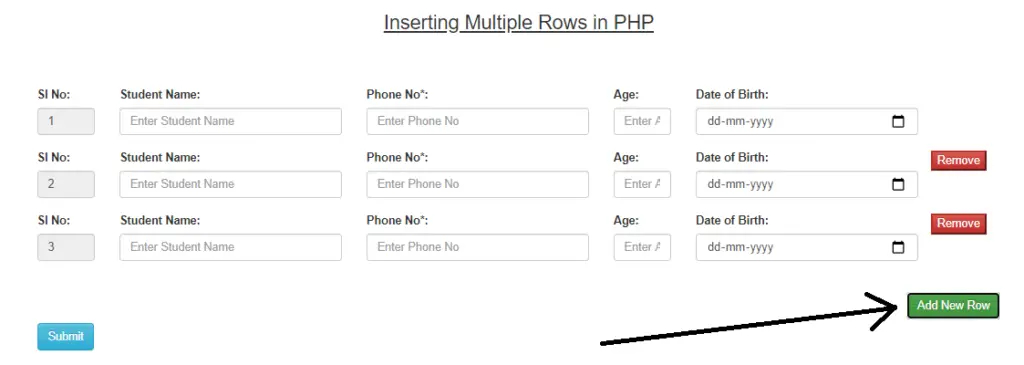

Line #* E I O op fetch ext return operands You could compare this to the following: $a = Ĭode Insight compiled vars: !0 = $a, !1 = $v
#Php foreach null how to#
follow bellow step for how to check if foreach is empty in laravel 6, laravel 7, laravel 8, laravel 9 and laravel 10 app. The difference and overlap between the nullsafe operator and null coalescing operator feels a bit confusing at first, but I'm sure we'll get used to it. Given its dynamic nature, it feels good to have a smooth way of dealing with null.
#Php foreach null code#
(Yet another reason to structure your code to avoid nulls, period.) One place this comes up in particular is in foreach () loops, especially when working with nested array structures. Therefore, the iteration happens over a copy of the original array. Here you will learn laravel blade foreach empty. The nullsafe operator is definitely a missing piece of the puzzle finally added in PHP. PHP will dutifully whine at you if you try to use a null value, sometimes fatally. The coalesce operator uses a copy of the original array, and then applies the right hand operand if null. The loop wont be executed if terms is false / null /an empty array. Or, don't use references at all, by either using array_map() or by using the keys to make modifications in the underlying array. However, what if the array of values is coming from somewhere else where it may or may not be an array? It can happen, and if you code long enough you will find that it will indeed happen.TL DR For your case, you could consider using the null coalesce operator in this manner: $a = $a ? PHP by default will create an array for you if you set them up correctly in your form by using the brackets. However, it started happening a few times daily. For example, lets say you expect the array to come from checkboxes that were posted. Ive been seeing the following error in my error log for months now, but it wasnt a daily occurence. rocknbil is showing you how to overcome that by first initializing the variable before populating it with data and then iterating over it. That is why you don't receive the warning when you cast it as an array. It will throw a warning because the argument you are offering is not an array. foreach works only on arrays and objects, and will issue an error when you try to use it. (Yet another reason to structure your code to avoid nulls, period.

The PHP foreach control structure will never throw a warning on an empty array. The foreach construct provides an easy way to iterate over arrays. PHP will dutifully whine at you if you try to use a null value, sometimes fatally.

The difference is that the nullsafe operator uses a form of 'short circuiting': writing -> will cause PHP to look at whats on the lefthand side of this operator, if it's null then the righthand side will simply be discarded. Let me explain why: Why asking that a variable is an array You should know that is an array otherwise it mean that you are messing with the type of the variable. The issue isn't with foreach, it's with the type of variable you are iterating, or attempting to iterate I should say. Sometimes you could use either the null coalescing or nullsafe operator, and other times you'd need to use a specific one. I hat the isarray function, this sound like a poor programming still.


 0 kommentar(er)
0 kommentar(er)
